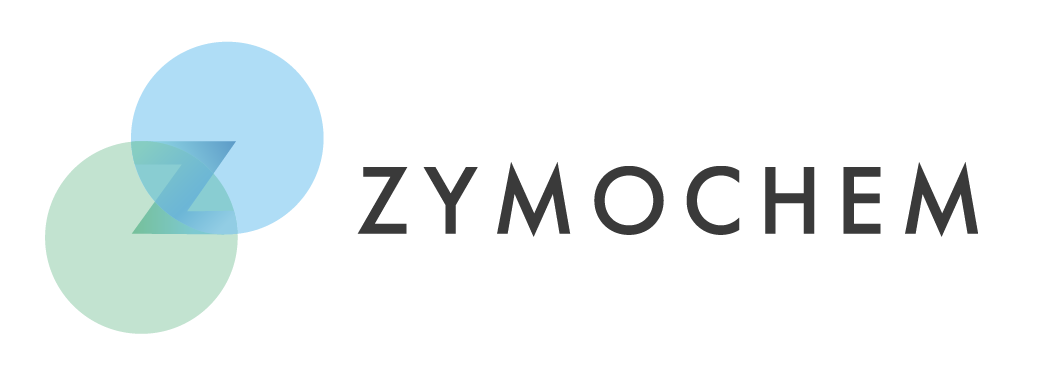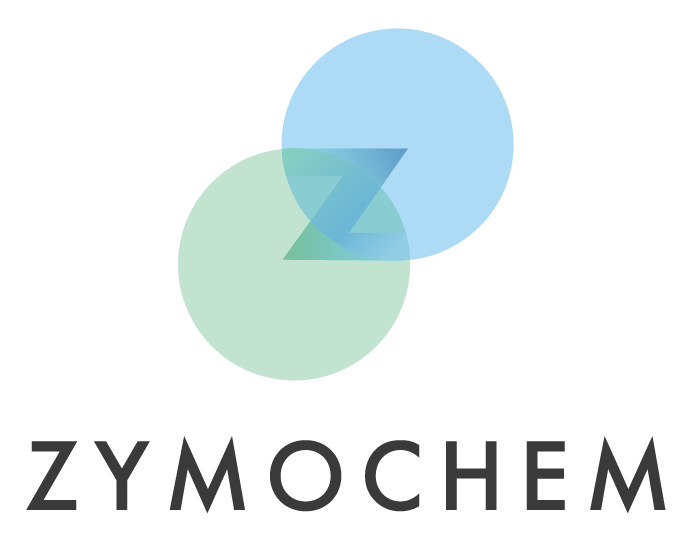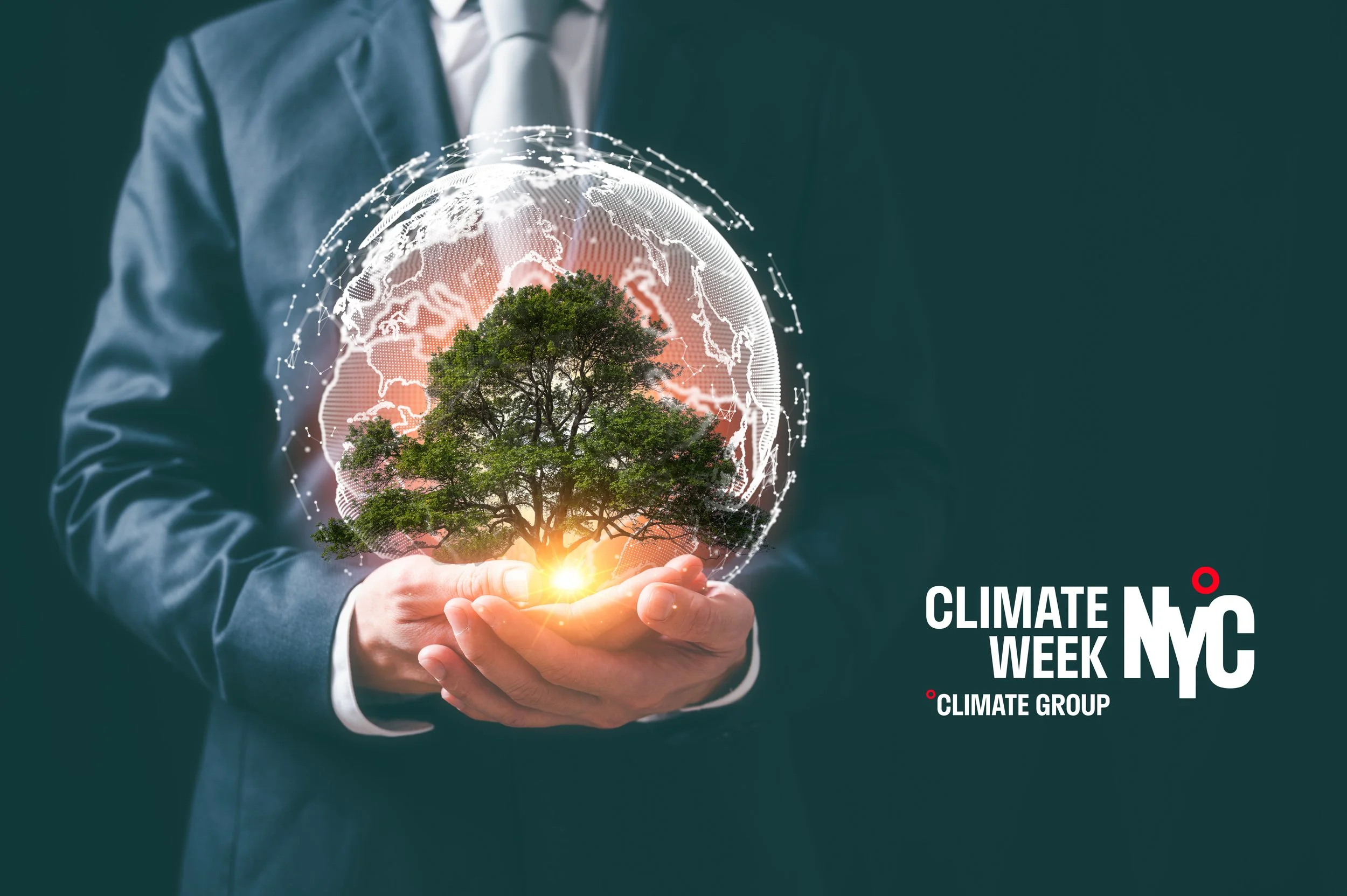Transforming Sustainability into a Competitive Advantage
Ahead of Climate Week 2024 in New York City, we asked Naman Bajaj, author, environmentalist, and curator of the sustainability-minded newsletter Not My Problem to share his thoughts on one of the big topics discussed this week: Decarbonization as a Growth Strategy.
The North Face, a leading outdoor clothing and gear brand, has taken bold steps towards decarbonizing its supply chain by sourcing cotton and rubber from partners practicing regenerative agriculture. Its parent company, VF Corporation, is extending this decarbonization strategy across its other brands such as Timberland and Vans.
lululemon, a leader in performance and athleisure wear, is pursuing similar decarbonization strategies. It aims to source 100% of its cotton from organic, recycled, regenerative, and other third-party certified platforms by 2025. It also plans to use at least 75% recycled polyester in its products by next year. This shift could reduce its energy use by up to 45% and CO2 equivalent emissions by 30%.
In 2023, lululemon partnered with (and invested in) Samsara Eco, an Australian startup, to reduce textile waste across its supply chain. Samsara's EosEco™ technology uses a combination of biophysics, chemistry, biology, and computer science (including AI) to create plastic-eating enzymes. These AI-driven enzymes break down nylon and polyester blends into reusable raw materials.
lululemon has also invested in ZymoChem, another startup that will help decarbonize its supply chain. ZymoChem's patented, carbon-efficient biomanufacturing process, Carbon Conserving (C2) technology, transforms renewable feedstocks into valuable materials with virtually no CO2 emissions during fermentation.
“By providing sustainability-minded brands with ingredients fit for the 21st century, companies like lululemon are doing right by the planet by motivating a new generation of consumers to align themselves with the brand and vote with their dollars.”
And it’s not just The North Face and lululemon. Every certified B Corporation and countless other ESG-minded companies also realize that decarbonizing product offerings and processes are good for business.
At next week's Climate Week in New York City, private, public, and NGO entities will gather to build momentum around an economy that's both profitable and planet-friendly.
Using Decarbonization as a Growth Strategy
A report from BCG, “New Business Models—Not New Technologies—Will Unleash Sustainability in CPG,” emphasizes decarbonization’s crucial role as a growth strategy.
It reveals that green products in fast-moving consumer goods and other industries achieved 4–25 percentage points higher compound annual growth rates (CAGR) compared to their non-green counterparts.
Another report from McKinsey, “How Decarbonization Creates Value for Consumer Companies,” highlights how decarbonization can serve as a powerful growth catalyst in the following ways:
Saving Money While Saving the Planet: Decarbonization leads to significant cost savings through reduced capital and operating expenses, while shielding companies from potential carbon taxes and regulations. Internal carbon pricing helps businesses stay ahead of the curve.
Cashing In on the Green Revolution: With two-thirds of consumers embracing eco-friendly habits, the market for net-zero products is set to skyrocket to $12 trillion in annual sales by 2030. Companies leading this charge are poised to dominate their industries.
Building a Greener Business: The sustainability boom is opening doors for innovative low-carbon businesses. With 90% of executives aiming to address sustainability and 40% making it central to their value propositions, the future is bright for companies that strategically embrace the net-zero transition.
Decarbonization efforts are also crucial for businesses to attract and retain top talent. Deloitte's 2023 report "Engaged Employees are Asking their Leaders to Take Climate Action" reveals that 69% of surveyed employed adults want their companies to invest in sustainability initiatives, such as reducing carbon emissions, using renewable energy, and minimizing waste. This sentiment is even stronger among employees aged 18 to 34, who showed a greater interest in sustainability efforts compared to older generations.
And then, of course, decarbonization also plays a crucial role in mitigating risks for businesses. According to McKinsey's 2023 report, "Most Consumer Companies are Not on Track to Meet their Decarbonization Targets," businesses face mounting pressure to decarbonize from regulators, consumers, and supply chain partners alike.
For instance, retailers are now imposing stricter emissions requirements on their suppliers. Companies that fail to adapt to these evolving standards risk losing their competitive edge and market share.
But how can companies move towards these decarbonization goals? For that, they must rethink how their products are made and used, adopting new business models.
One effective approach is forming partnerships to accelerate this process. Collaborations with innovative, smaller players offering cutting-edge technologies or complementary capabilities are particularly valuable.
We have limited time to avert the impacts of climate change, and companies need to act swiftly. Forging strategic partnerships can significantly expedite their progress toward sustainability.
ZymoChem: Your Partner in Decarbonization
ZymoChem is a biotechnology company that develops bio-based materials for everyday products, aiming to accelerate the transition to a real-zero economy. Its innovative approach uses low-carbon inputs to produce high-value materials through low-carbon fermentation technology—all without increasing costs for end users.
But how exactly does it achieve this? Let's break it down:
ZymoChem's business revolves around a fermentation-based technology that uses proprietary microbes to convert sugar into high-value ingredients.
The enzymatic reactions occur in an anaerobic environment, eliminating the need for air supply or constant tank aeration, both of which are energy-intensive practices. Instead, ZymoChem only needs to stir the contents periodically in the absence of air.
The Carbon Conserving (C2) technology's enzymatic reactions are designed to prevent carbon release during production. Instead, they retain the carbon from the feedstock in the end product, further reducing the manufacturing process's carbon footprint.
ZymoChem’s technology can be applied to a wide range of materials including:
Bio-Super Absorbent Polymers
Bio-Polyurethanes
Bio-Nylon
Bio-Polyesters
Bio-Plastics
Those ingredients can be used to help decarbonize industries such as Hygiene (infant diapers), Apparel (performance wear), Automobiles (seat belts, upholstery), Aerospace (adhesives and coatings), Textiles, and Paint & Coatings.
ZymoChem’s first product, BAYSE™ Bio-SAP, is a 100% bio-based and fully biodegradable high-performance absorbent polymer, designed to replace fossil-based super absorbent polymers in hygiene products, a $155 Bn/annual worldwide industry.
As it is doing with BAYSE™in the Hygiene industry, ZymoChem can help businesses move to their decarbonization goals without compromising on price, performance, scale, or sustainability.
If you are interested in considering how the ZymoChem platform can assist in your decarbonization effort, reach out to info@zymochem.com or fill out this form.


